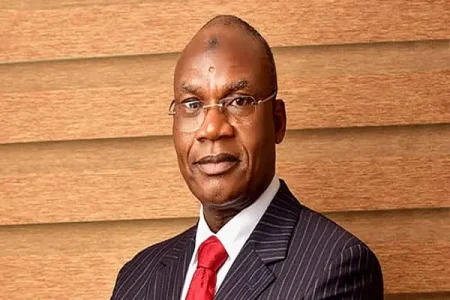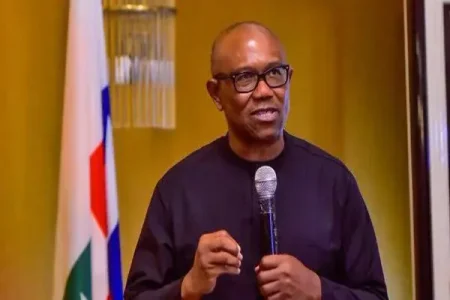
Nigeria's Education Minister mandates 18 as the minimum age for tertiary education admission, sparking nationwide controversy. Critics argue it will delay academic progress and workforce entry, while supporters claim it addresses maturity issues. The decision has ignited debates on social media about educational priorities and national development.
Nigerian Minister of Education, Tahir Mamman, has stirred controversy by directing the Joint Admissions and Matriculation Board (JAMB) and tertiary institutions to admit only candidates aged 18 and above. The announcement, made during the 2024 Policy Meeting on Admissions in Abuja, has sparked widespread debate and criticism across Nigeria.
The minister defended his stance, citing existing laws that require students to complete primary and secondary education before entering tertiary institutions. He argued that this typically results in students being at least 18 years old upon admission.
However, the directive has met with significant backlash from the public. Many Nigerians view this decision as regressive, arguing that it will delay students' academic progress and ultimately their entry into the workforce. Critics point out that in a country where university strikes are common, further delaying admissions could exacerbate the problem of late graduation.
Social media has been abuzz with reactions. One user commented, "Other countries are trying hard to make their children break records as the youngest in their fields, Nigeria is trying so hard to delay the destiny of their children." Another sarcastically noted, "Child marriage approved, underage admission prohibited. The road to redemption is long."
Some question the priorities of the government, suggesting that there are more pressing issues in the education sector that require attention. Others worry about the impact on recruitment practices, wondering if this will affect the age requirements for graduate trainee roles.
A few voices support the decision, believing it might help address maturity issues among university students. However, the overwhelming sentiment appears to be one of frustration and concern about the potential negative impacts on Nigeria's youth and the country's development.




